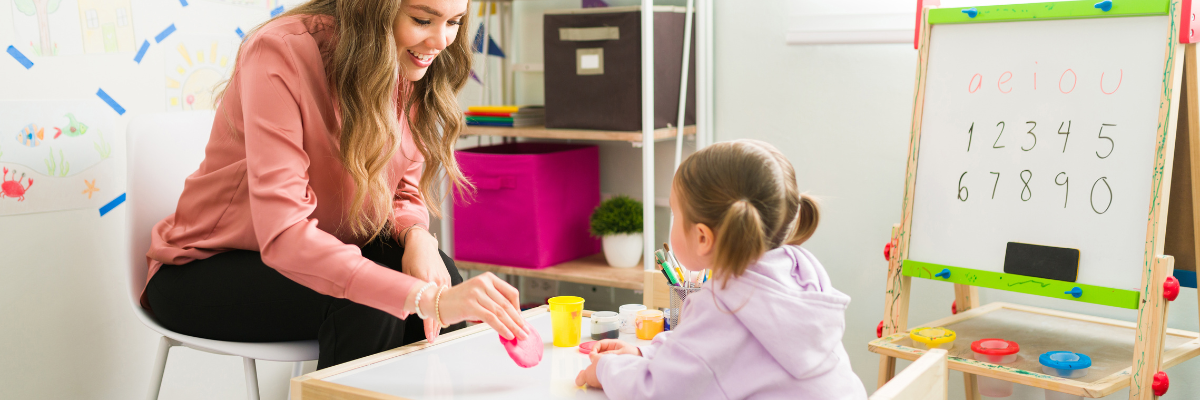Play Therapy is a type of therapy that uses play to help children understand and deal with their emotions and problems. It’s a natural way for kids to express themselves and work through issues they may face. In a mental health setting, Play Therapy can be very helpful in addressing various psychological problems, offering many benefits for young patients.
Appropriate Age Range for Play Therapy
Play Therapy is usually for children aged 3 to 12 years. However, it can also be adjusted for older kids and teens who might benefit from it. This flexibility makes Play Therapy accessible and useful for different age groups, ensuring that each child gets the support they need in a way that works for them.
Who Can Benefit from Play Therapy?
Play Therapy can help children with many emotional and behavioral problems, including:
- Anxiety and depression
- Trauma and PTSD
- Behavioral disorders
- ADHD
- Autism Spectrum Disorders
- Social and relationship issues
- Grief and loss
Children can deal with complex emotions and experiences by playing in a safe and supportive environment. This therapy is also great for kids who may struggle to talk about their feelings, as it lets them communicate through play.
The Process of Play Therapy
The Play Therapy process has several stages, each tailored to the child’s needs:
- Assessment: The therapist first understands the child’s needs, behaviors, and family situation.
- Building Rapport: Creating a trusting relationship between the therapist and the child is crucial. This is done through engaging and non-directive play.
- Therapeutic Play Sessions: In these sessions, the child can play with various toys and materials. The therapist watches and interacts, using specific techniques to address the child’s problems.
- Parental Involvement: Parents or caregivers are often involved in the therapy process, receiving guidance to support the therapy at home.
- Evaluation and Progress Monitoring: The counselor regularly checks the child’s progress and adjusts the therapy as needed.
Positive Impact on Mental Health
Play Therapy provides deep insights into a child’s emotional world and helps them develop healthier coping skills. It builds resilience, enhances emotional intelligence, and improves problem-solving abilities. By working through their issues in a playful and non-threatening way, children can achieve significant psychological growth and stability.
How Can Carolina Therapy Connection Help?
At Carolina Therapy Connection, we understand how powerful Play Therapy can be. Our team of skilled mental wellness counselors is here to support your child’s mental health journey. We offer free screenings to see if Play Therapy is the right fit for your child. Contact us today to schedule a screening and take the first step toward your child’s mental well-being.

